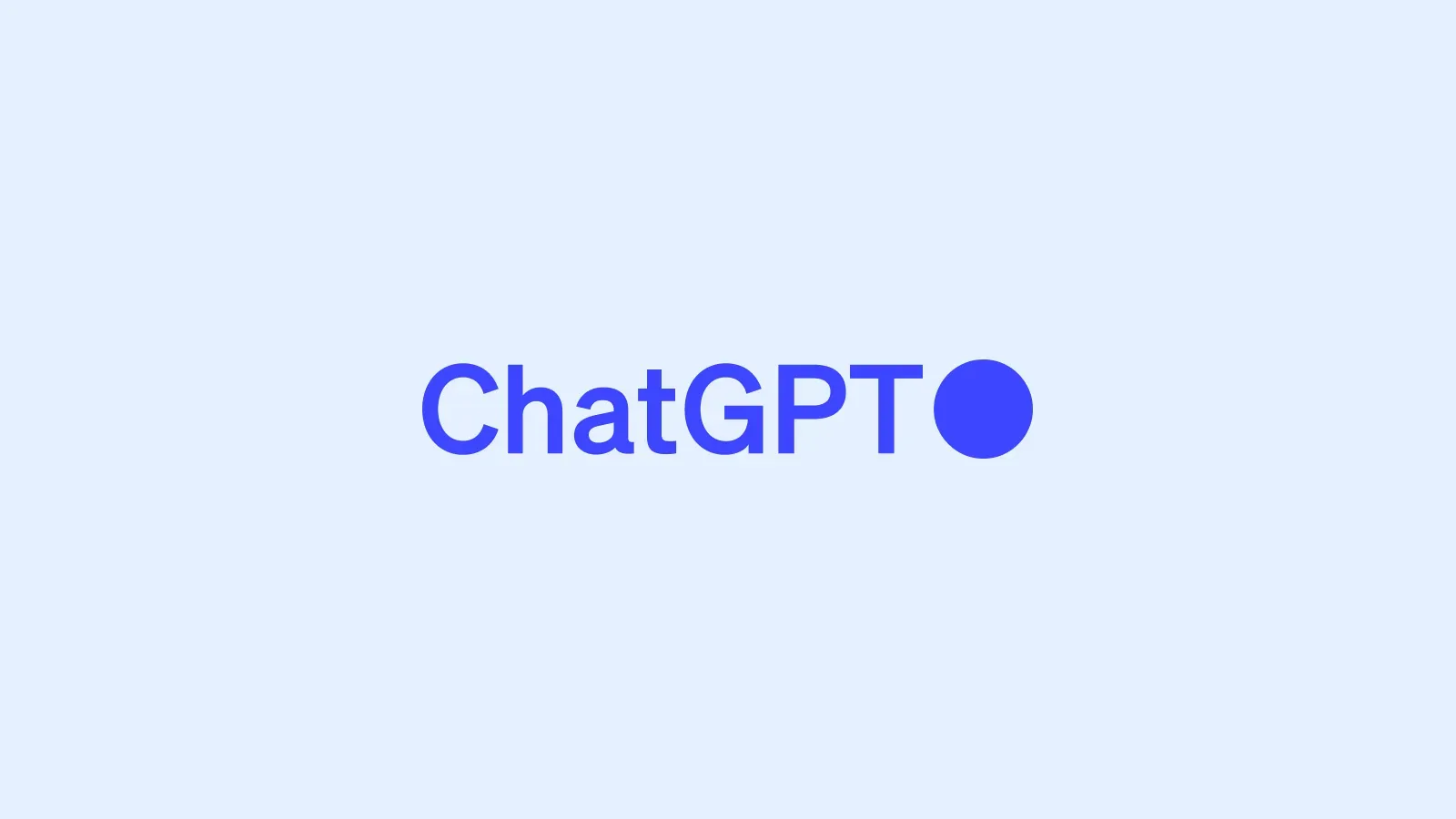Using Authenticated User Tokens for Zitadel API Calls Best Practices
Hi,
I have a question regarding reusing authenticated user's access token to perform some actions (not Zitadel actions, e.g. listing organization users, updating a user's role, updating a user's own avatar...), instead of relying on a service user, is it possible to use the logged in user's token to make actions?
What is the best practice around this, I had a chat with AI (ChatGPT) for reference: https://chatgpt.com/share/68c3128d-f9bc-8000-b1d4-368d3780dcee
I have a question regarding reusing authenticated user's access token to perform some actions (not Zitadel actions, e.g. listing organization users, updating a user's role, updating a user's own avatar...), instead of relying on a service user, is it possible to use the logged in user's token to make actions?
What is the best practice around this, I had a chat with AI (ChatGPT) for reference: https://chatgpt.com/share/68c3128d-f9bc-8000-b1d4-368d3780dcee
ChatGPT
A conversational AI system that listens, learns, and challenges

